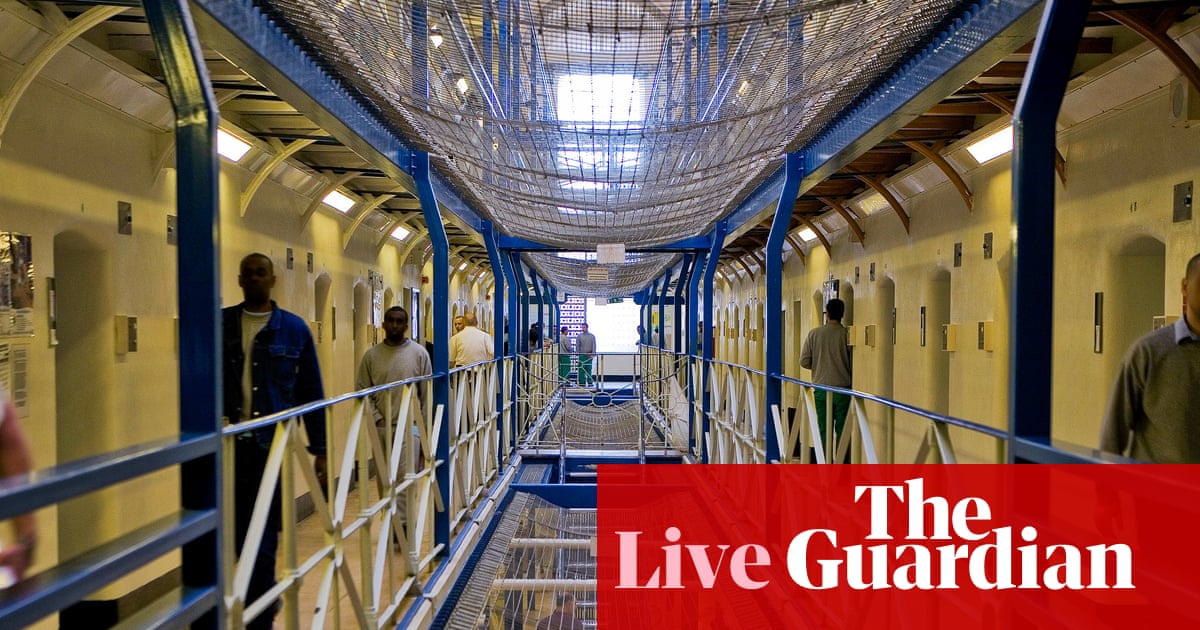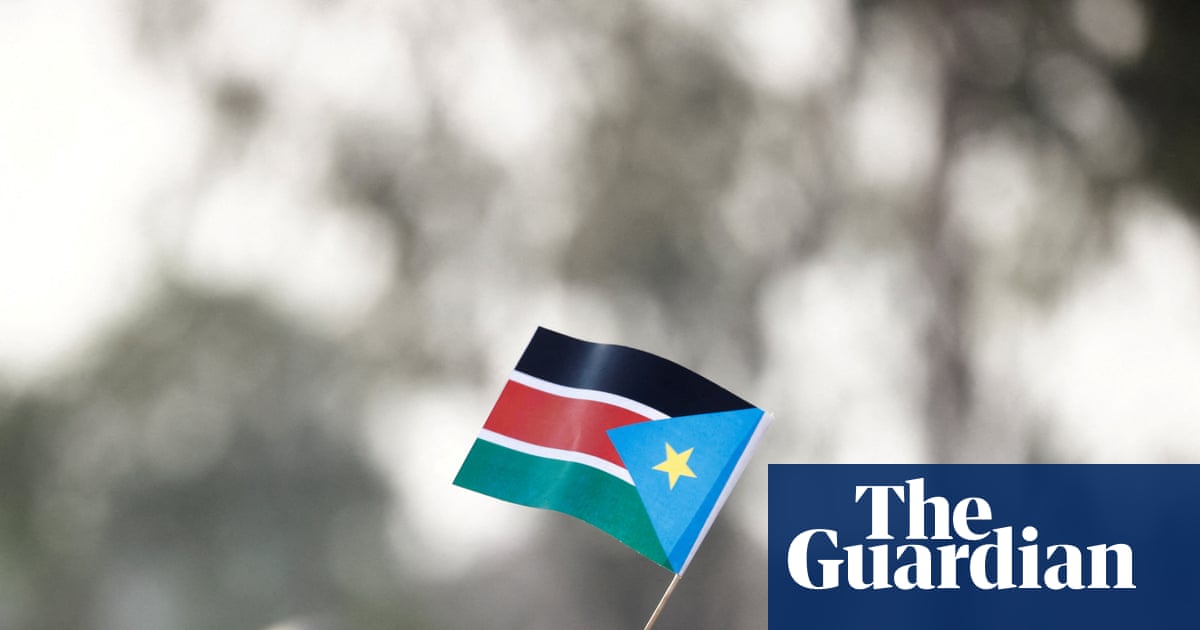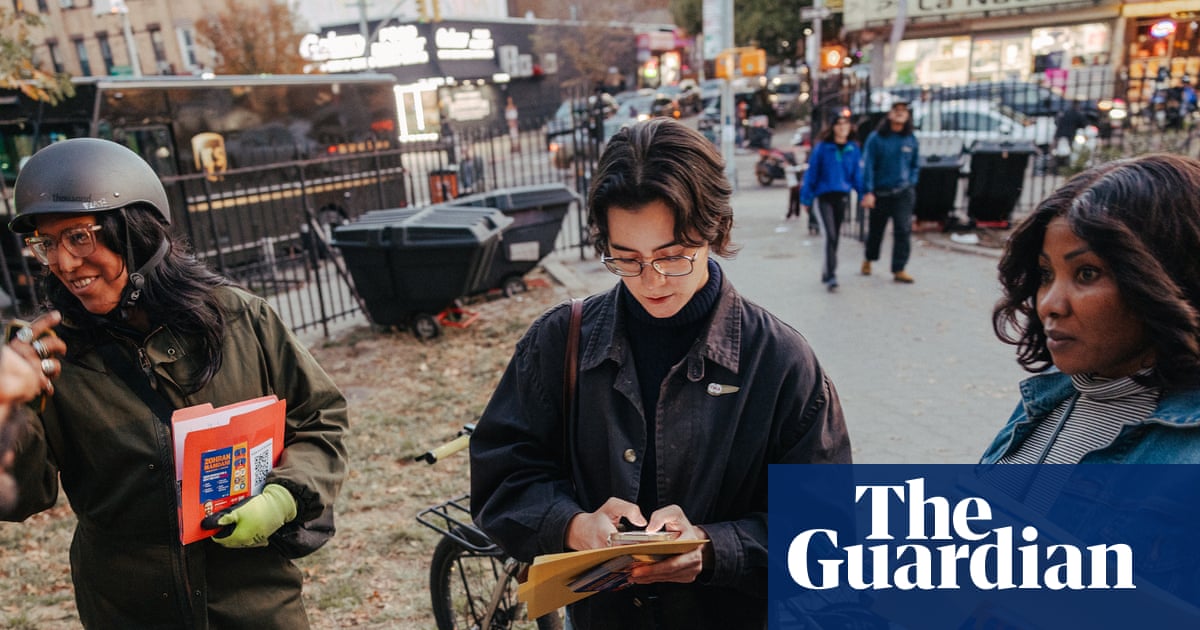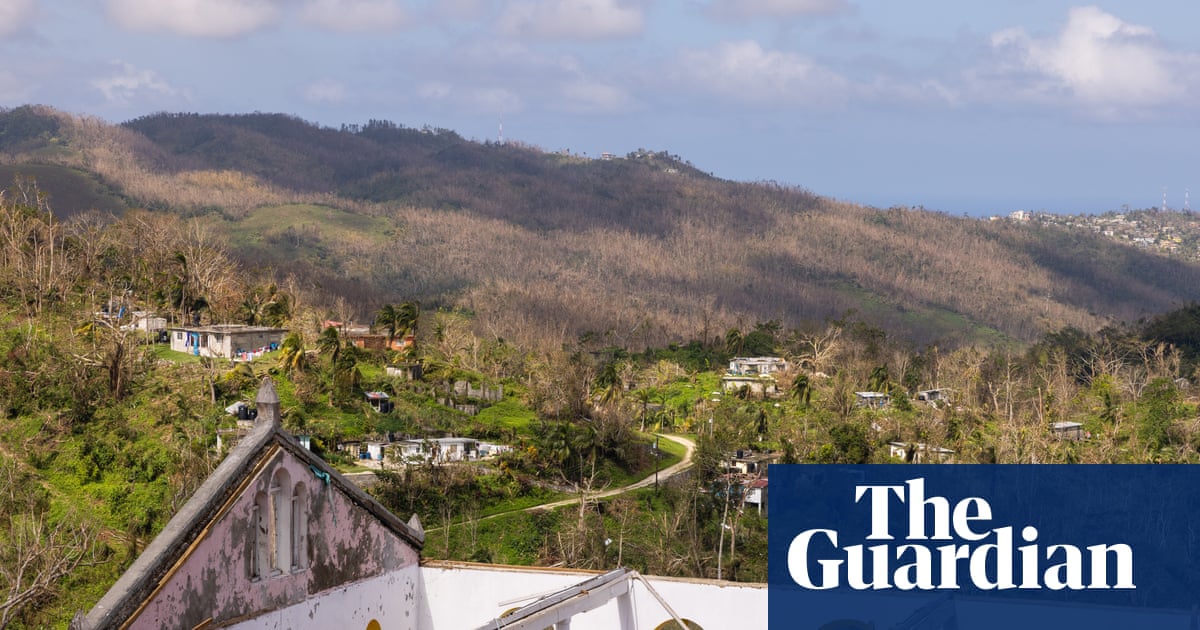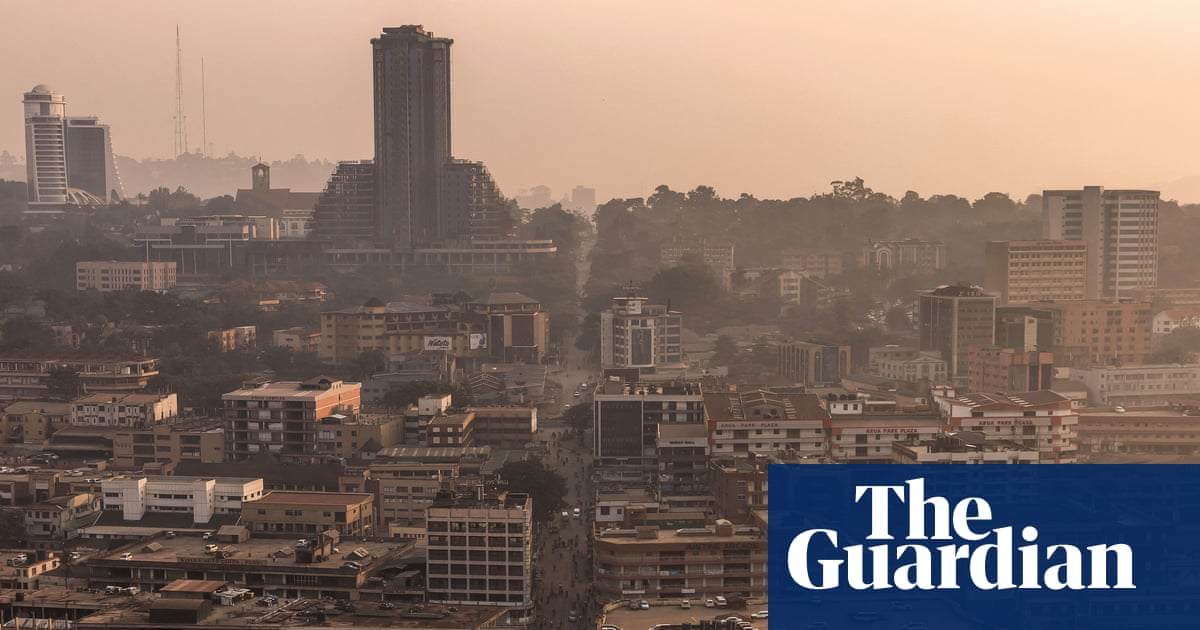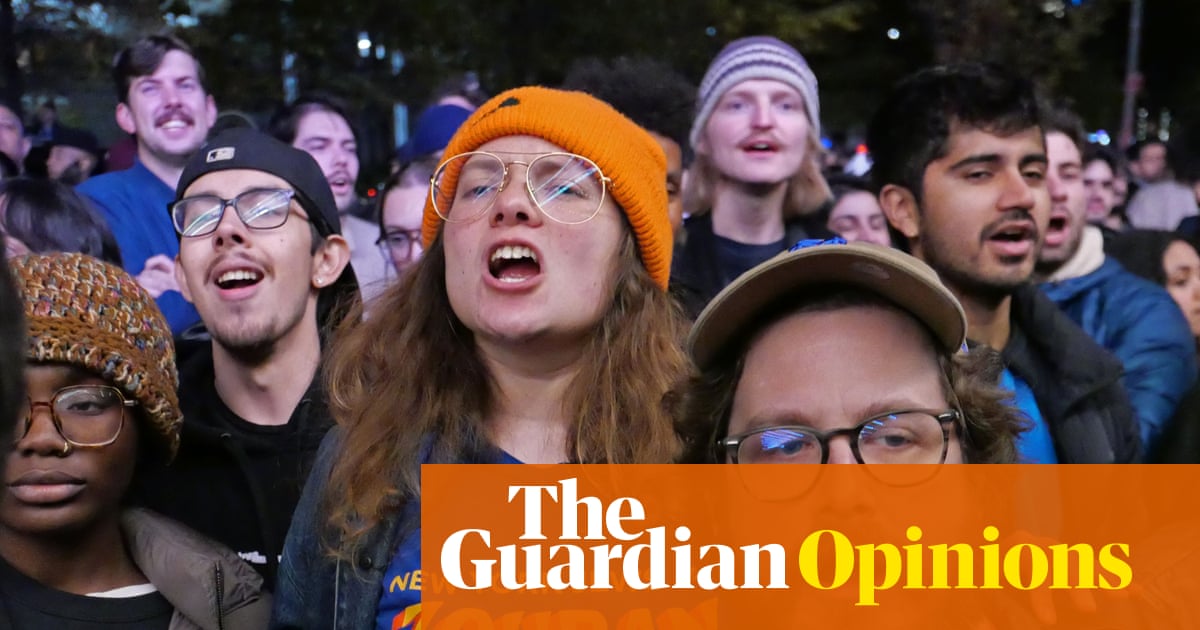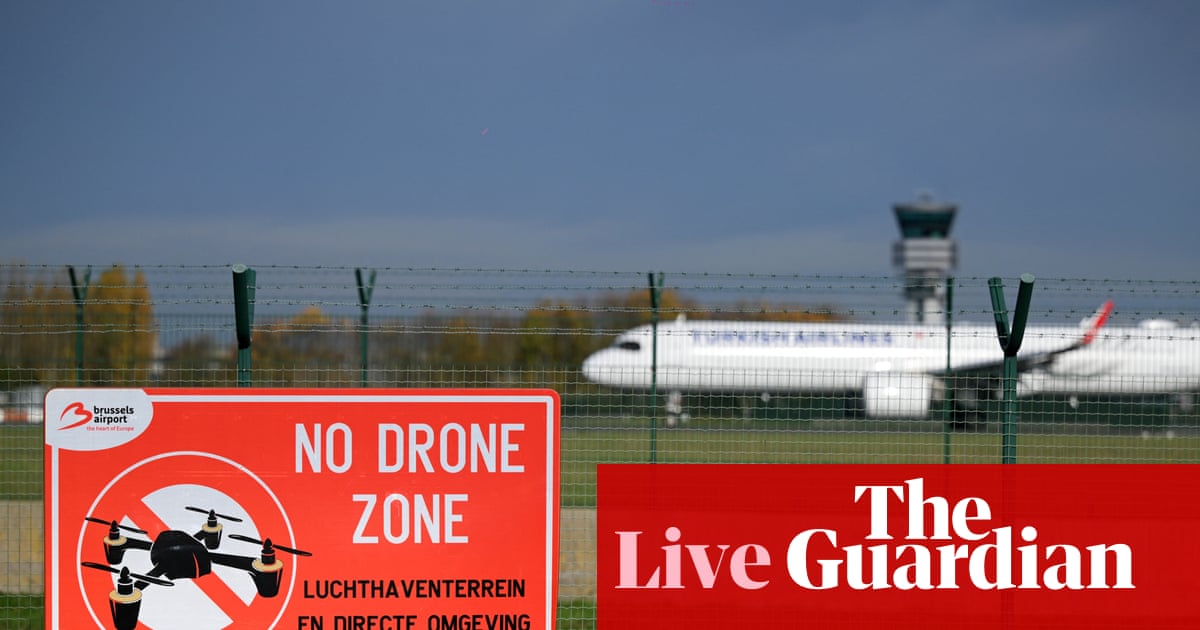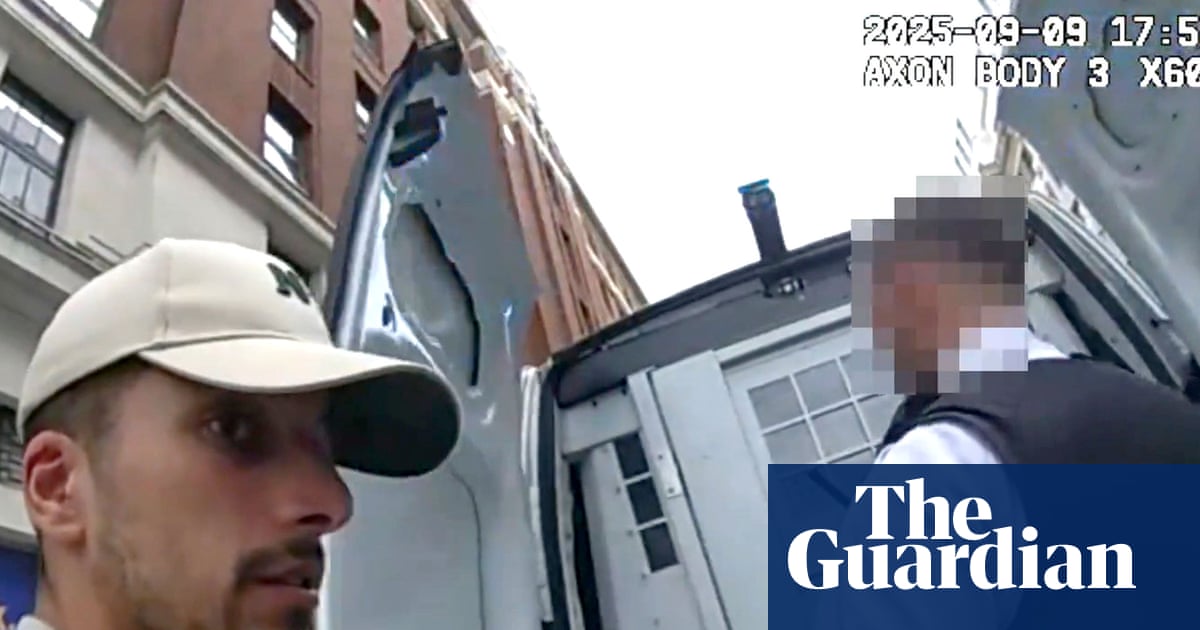I packed a toothbrush, books and a notepad in a small rucksack, took my laptop from the house and hid it, gave my phone to a friend to look after and put a “bust card” (lawyers’ details and legal advice) in my back pocket. I wasn’t certain I would be arrested, but I wanted to be ready. Then I stepped, with other, much braver people into a legal labyrinth.
So broad are sections 12 and 13 of the Terrorism Act 2000, and so madly oppressive is the government’s order applying it to the proscribed protest group Palestine Action that it is difficult, when contesting it, to tell which side of the law you might be on, and what the response of the authorities might be. When people who oppose all forms of violence, who are trying to stop war and terrorism, are arrested on terrorism charges, nothing makes sense any more.
In some places, the police have gone berserk. South Wales police, for example, arrested, among others, two women of 75 and 80 who were sitting peacefully in Cardiff, holding signs the officers alleged were supportive of Palestine Action. They used the extended detention powers the act permits, denied one of them essential medicines, broke open the doors of their homes, seized not only electronic devices but also books about Palestine and a Palestinian flag and appeared to test the food in their kitchens for radiation. Obviously, if someone has been arrested under the Terrorism Act they must be planning an atrocity, perhaps cooking up a dirty bomb (doubtless a vegan one, to boot).

West Yorkshire police arrested a man in Leeds for holding a cartoon from Private Eye satirising the government’s ban. Armed police in Kent threatened to arrest a woman for holding a Palestinian flag, claiming that this, too, contravened the Terrorism Act. An officer told her: “Mentioning freedom of Gaza, Israel, genocide, all of that all come under proscribed groups, which are terror groups that have been dictated by the government.” At least he got the dictated bit right. Other forces seem to have decided they had better things to do. Or maybe, just maybe, they’ve determined that our freedom of expression, enshrined in the Human Rights Act, overrides the ban on free expression applied through the Terrorism Act. The two are in direct conflict, leaving the police as confused as we are.
On such judgments the future course of your life might hang: you can receive a 14-year sentence for expressing “an opinion or belief that is supportive of a proscribed organisation”, if you are “reckless as to whether a person to whom the expression is directed will be encouraged to support” the group. Where the boundaries of this remarkably vague law lie is anyone’s guess.
Our local force, Devon and Cornwall, arrested eight people in Truro for holding signs they suspected to be supportive of Palestine Action. So when we informed the deputy chief constable and our local police station that we were planning to stage a similar protest, we had reason to expect arrests.
It might sound crazy to invite the police to your protest when the stakes are so high, but there is a long tradition of such accountable actions. Protest is effective when other people can see you mean it: that you are prepared to stand for your principles – all the way to prison, if necessary. The most powerful response to an oppressive and unjust law, which limits freedom of speech, is to challenge it, openly and without fear.
Around the country, many brave people have done so. Some belong to a remarkable breed of older dissidents. The woman I sat beside while we held our signs in the marketplace is an 80-year-old retired nurse called Mary Light. She is a gentle soul with a steely determination to see good done that puts me to shame. Rather than enjoying an easy retirement, she has been arrested 11 times for environmental and Palestinian causes. She has stepped up to oppose genocide while the UK government’s contribution to international law consists of approving the sale of lethal weapons to Israel and fighting in court for this sale to continue. All while issuing meaningless homilies about maybe not using those weapons to kill quite so many unarmed civilians, if you would be ever so kind?
My own placard sought to test the free speech implications of the law. It stated “Palestine Action are protestors, not terrorists”. As I see it, this is simply an expression of opinion: a critique of an illiberal and draconian order. How the police and courts might see it is another matter. One person’s legitimate expression of opinion can, it now seems, be another person’s support for terrorism.
Similar opinions have been expressed by the UN human rights commissioner, Volker Türk, and by MPs in parliament. In fact, when she was in opposition, the home secretary, Yvette Cooper, author of the ban on Palestine Action, chastised the Tories for doing what she has now done. She told them, “the government are extending powers that we would normally make available just for serious violence and terrorism to peaceful protest”. She argued that the Tories’ proposed legislation did not respect “historic freedoms to protest”. Could we be arrested for making the same point?
Two police officers arrived, loitered without intent, then dispersed before causing a public nuisance. I remain free, but aware that next time the outcome might be different. People calling for peace risk arrest and prosecution under the Terrorism Act, while the state terrorists murdering civilians every day are protected from our free speech.
Misquoting Voltaire, people have often noted that “those who believe absurdities commit atrocities”. But it is also true that those who facilitate atrocities become absurd. You do not need to support Palestine Action to note that they were seeking to uphold international law by trying to stop weapons from being supplied to a state committing genocide. Some were acquitted on this basis. Why has the UK government decreed they are terrorists? Perhaps because, by supplying weapons, it is complicit in that genocide. If you can turn the moral dial 180 degrees, maybe you can keep believing you are the good guys.
The order the police are struggling to interpret is as ridiculous as it is oppressive. Oppression and absurdity are never far apart.
-
George Monbiot is a Guardian columnist
-
On Tuesday 16 September, join George Monbiot, Mikaela Loach and other special guests at the Guardian’s climate assembly, live at the Barbican in London and livestreamed globally. Book tickets here or at Guardian.Live

 3 months ago
91
3 months ago
91

